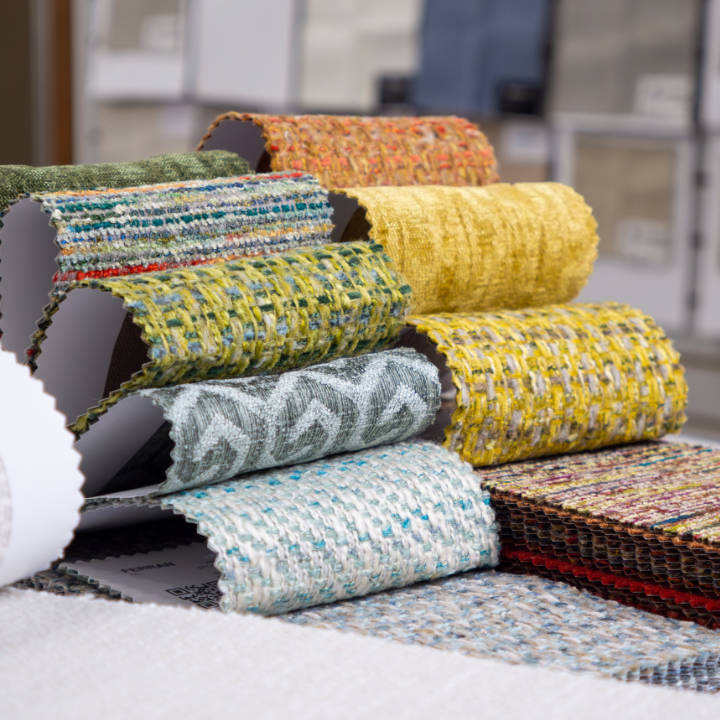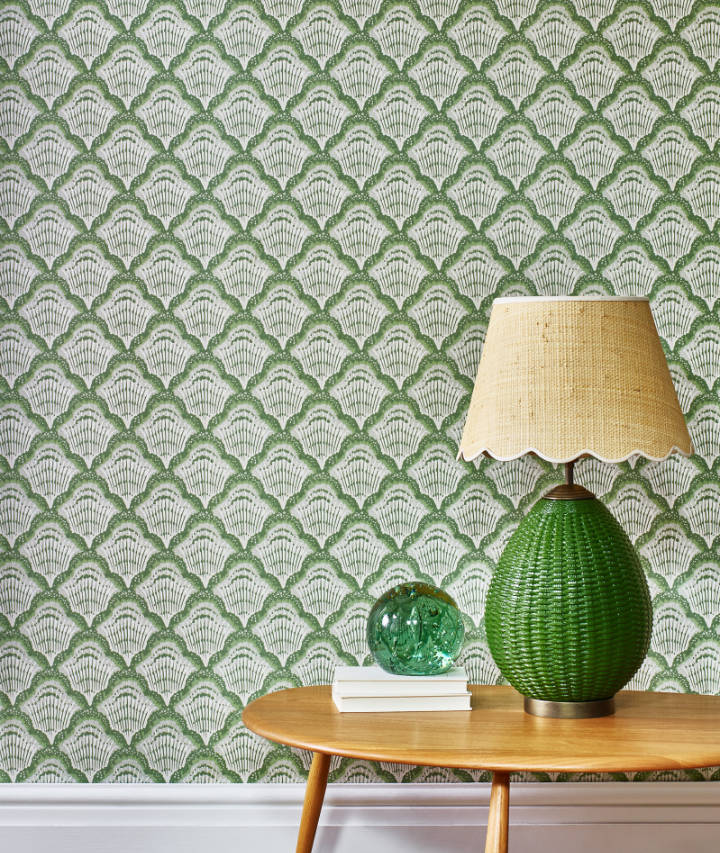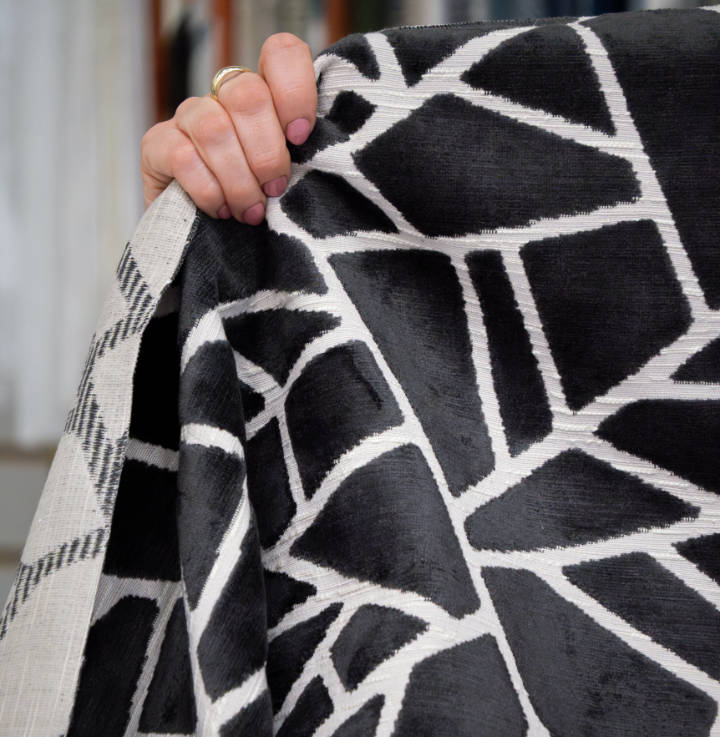Sustainability

Sustainability
Product Design & Supplier Partnership

Oeko-Tex Standard 100
A majority of our fabric line passes Oeko-tex Standard 100, which has a focus on human health with components of the standard crossing over into environmentally responsible practices, as well. All Standard 100 textiles are free of pesticides, heavy metals, and formaldehyde, which encourages a more ecologically-sound supply chain from fiber to finished goods.

FSC Certified Wallcoverings
1838 Wallcoverings are printed on responsibly-sourced, non-woven bases using only water-based, non-toxic inks which are free from VOCs (Volatile Organic Compounds). A high percentage of the base is biodegradable. All the wood pulp used in the non-woven base comes from FSC certified forests. The Forest Stewardship Council ensures products come from responsibly managed forests and helps to care for forests and the people and wildlife who live there, so they will continue for future generations. 1838 is not only FSC certified (C119803), but also part of the FSC Chain of Custody. 1838 comply with all relevant FSC requirements and are proud to carry the FSC logo on their labels. The polyester content is majority sources from recycled bottles. 1838 Wallcoverings cardboard and shrink film packaging are fully recyclable.

Mill Partners
We work with a core group of suppliers in the US, Europe and India who specialize in different areas of textile construction and share a commitment to sustainability and ethical practices. Our focus is on working with fully vertically integrated weaving mills wherever possible, which shortens the supply chain and puts weaving, dyeing and finishing under the same roof. Many of our mill partners have invested in onsite water treatment and reuse facilities, recycling waste, and wind and solar power.
Order Fulfillment
Our North Carolina warehouse reuses all packing materials received from our mill partners, and supplies including bolt bags, cardboard boxes, tape, shrink wrap and fabric tubes are made of majority pre-consumer or pre-industrial waste, and/or 100% recycled material. We include prepaid sample return bags in all memo sample requests to facilitate reuse of unneeded samples and reduce fabric waste. When our fabric sample books have reached the end of their lifespan, we encourage clients to donate them to local design schools or community art programs where they can be cut up and reused. Our discontinued remnants are sold or donated to keep fabric out of the landfill.
Marketing
Maxwell is committed to majority digital marketing strategies in an effort to reduce waste such as novelty leave-behind goods and brochures. We created our digital lookbooks to share our design vision and trend boards ahead in real time without re-sampling and sending printed material. We have eliminated paper invoices, pricelists and discontinued lists.